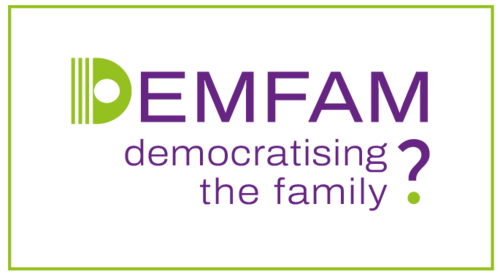Rethinking Parenthood in Society and Law in Central Europe
Conducted by Elisa-Maria Hiemer, this project investigates how parenthood has been constructed, contested, and represented in Central European societies, with a focus on Hungary and Poland. By bridging legal analysis with cultural studies, it explores the intersections of family law, gender norms, and public discourse, tracing transformations from socialist regimes to contemporary democratic contexts.
The first strand of research examines post-divorce arrangements in socialist Hungary and Poland. Drawing on a newly compiled archival collection of divorce and child custody trials, the study analyzes both legal argumentation and witness testimonies to assess how courts reinforced, challenged, or reinterpreted traditional parenting norms. Using a narratological framework inspired by concept of “reality narratives” and the law and literature movement, the project investigates how legal discourse functions as a tool of social regulation, shaping models of right and wrong. In doing so, it reveals tensions between codified law, unwritten societal norms, and lived parental experiences
The second strand traces representations of single parents in (print) media from 1945 to 2024. Analyzing leading men’s and women’s magazines, the study explores how single mothers have been depicted—from socially accepted childcare providers under socialism to ideologically charged figures accused of depriving children of paternal care in the late communist and post-communist discourse. By situating these shifts within historical transitions such as the Solidarność movement, the fall of communism, and European Union accession, the project examines how democratization, nationhood, and gender ideology intersected to shape public debates on family and parenting. Engaging with feminist scholarship,it considers how media narratives both reflect and influence social expectations of parenthood.
By uniting legal and cultural analysis, this project highlights the centrality of parental rights in shaping contemporary debates on gender, identity, and the role of the state. Divorce serves as a lens through which private familial relations become publicly scrutinized, exposing the transfer of gender roles from domestic to societal arenas. The study offers a nuanced understanding of how post-separation family arrangements, law, and public discourse co-construct ideas of parenthood, highlighting continuity and change across political and historical contexts.

